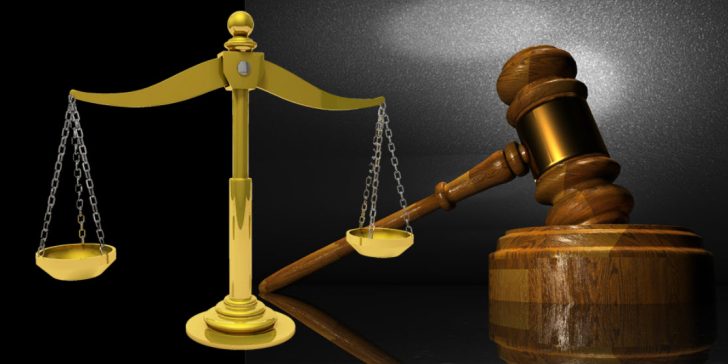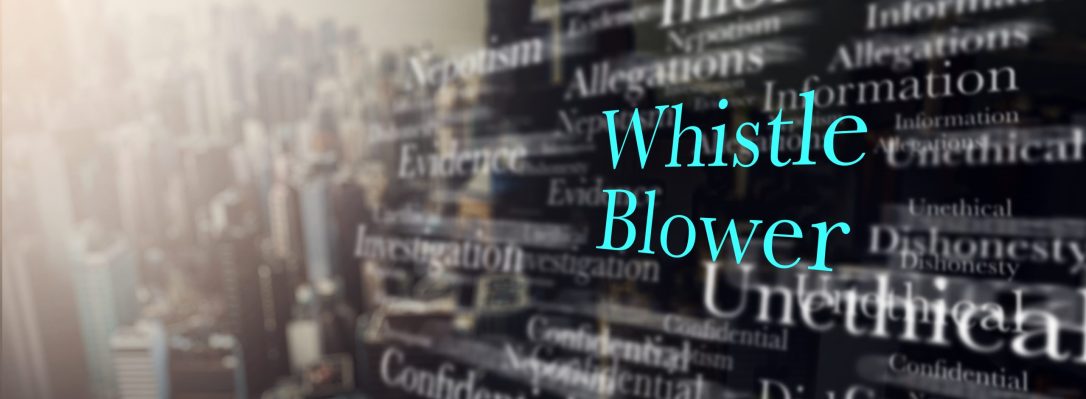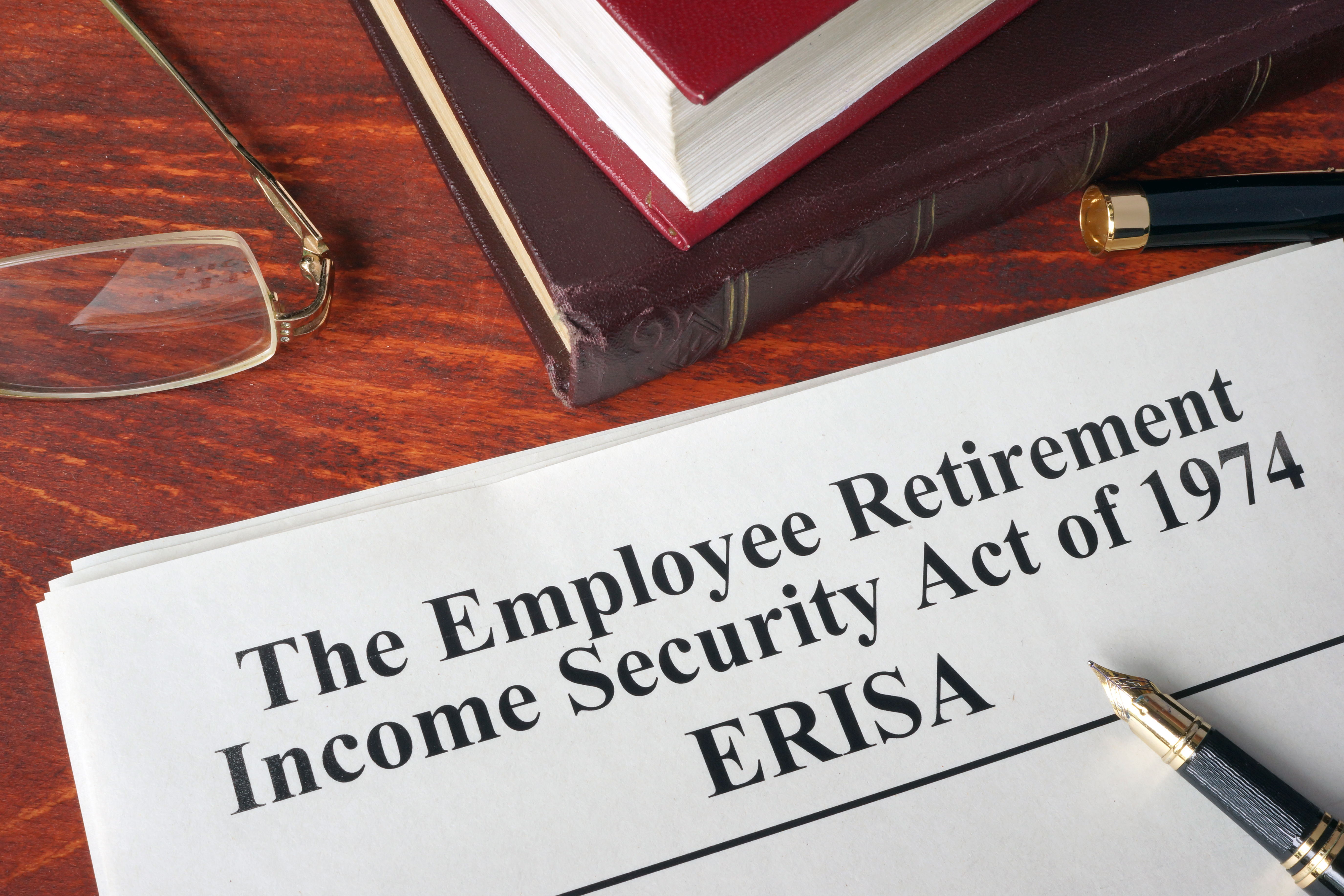
A whistleblower is anyone who possesses insider knowledge of illegal, unsafe, or fraudulent activities occurring within an organization. These activities can take place in both private companies and public institutions. Whistleblowers play a critical role in exposing hidden truths and holding wrongdoers accountable.
Protection and Importance
Whistleblowers are protected from retaliation under various laws and programs. Here are some key points:
- Occupational Safety and Health Administration (OSHA): OSHA safeguards employees who report safety violations or other misconduct.
- Sarbanes-Oxley Act: This legislation protects whistleblowers who disclose financial fraud or securities law violations.
- Securities and Exchange Commission (SEC): The SEC ensures that whistleblowers who report securities violations receive rewards and protection.
- Whistleblower Protection Act of 1989: Federal employees enjoy protection under this act.
Origins of the Term
The term “whistleblower” has a fascinating history. It dates back to the 19th century when sports referees were also called “whistleblowers.” Just like referees alert players and coaches to rule violations, modern whistleblowers blow the whistle on corporate misdeeds.
Notable Whistleblowers
Let’s meet a couple of remarkable whistleblowers:
- W. Mark Felt (“Deep Throat”): Felt exposed former President Richard Nixon’s involvement in illegal dealings during the Watergate Scandal.
- Sherron Watkins: A former Enron employee, Watkins revealed the company’s fraudulent accounting practices.
These brave individuals remind us that truth-telling can change the course of history.
Whistleblowing is a courageous act, but it comes with significant risks. Let’s explore these risks:
- Retaliation: Whistleblowers often face retaliation from their employers. They may be fired, demoted, or face other adverse actions. Some whistleblowers need to relocate or change industries to find new employment1.
- Social Isolation: Speaking out against wrongdoing can lead to isolation within the workplace and strained relationships with colleagues.
- Legal Battles: Whistleblowers may become embroiled in legal battles. While laws protect them, navigating lawsuits can be emotionally and financially draining.
- Career Impact: Whistleblowing can harm career prospects. Employers may view whistleblowers as troublemakers or untrustworthy.
- Emotional Toll: The stress of exposing misconduct can take a toll on mental and emotional well-being.
Despite these risks, whistleblowers play a vital role in promoting transparency, accountability, and justice. Their actions help uncover hidden truths and protect the greater good.
What motivates whistleblowers to come forward?
Whistleblowers are driven by a combination of motives, often rooted in their values and convictions. Let’s explore these motivations:
- High Value on Truth: Many whistleblowers place an immense value on truth. They feel compelled to reveal hidden information because they believe in the dignity of truth. For example, Frances Haugen, the Facebook whistleblower, emphasized the importance of truth in her testimony to the Senate subcommittee1.
- Moral Concerns: Whistleblowers are often motivated by moral outrage. They witness wrongdoing or harm and feel a responsibility to expose it. For instance, concerns about harm caused by Instagram to teenagers drove Haugen to speak out1.
- Awareness of Deception: Whistleblowers recognize deception within their organizations. This awareness creates an aversive experience, motivating them to take action. They cut through rationalizations and see things as they truly are1.
- Desire for Rational Integration: Psychologist Keith Stanovich discusses how individuals find a lack of rational integration aversive. Whistleblowers seek to rectify inconsistencies and bring clarity to complex situations1.
In summary, whistleblowers act as truth-seekers, defenders of ethics, and champions of transparency. Their courage shapes our understanding of hidden realities and drives positive change
🌟
For more insights, you can explore articles like Truth Be Told: Unpacking the Risks of Whistleblowing and The Whistleblower’s Dilemma: Do the Risks Outweigh the Benefits?
📜
Remember, whistleblowers are the unsung heroes who safeguard transparency, integrity, and justice. Their actions echo the sound of a whistle, piercing through secrecy and deception. 🚀
For more information, you can explore resources like Investopedia and the National Whistleblower Center. 📚




